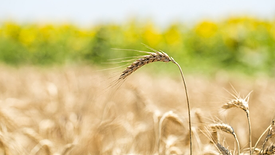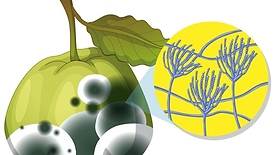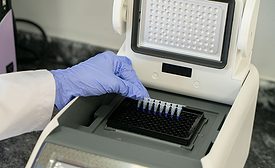Home » Keywords: » one health
Items Tagged with 'one health'
ARTICLES
BIZTRACKS
HPAI, Salmonella, and More Discussed at U of A One Health Summit
October 14, 2024
Two Tools for One Health and Biosurveillance
Increasingly, disease outbreaks are being considered using the lens of One Health
July 2, 2024
Never miss the latest news and trends driving the food safety industry
eNewsletter | Website | eMagazine
JOIN TODAY!Copyright ©2025. All Rights Reserved BNP Media.
Design, CMS, Hosting & Web Development :: ePublishing












